The Chinese plan to copy the moon to illuminate night cities
The fact that any man-made object can be forged in China is beyond anyone's doubt. But technology does not stand still, and the other day officials from the scientific circles of the Republic of China said that everything is ready in the country to make ... the Moon by 2020. The first model of the night luminary will be low-powered, with only 16 million users, but it's a bad start, isn't it?
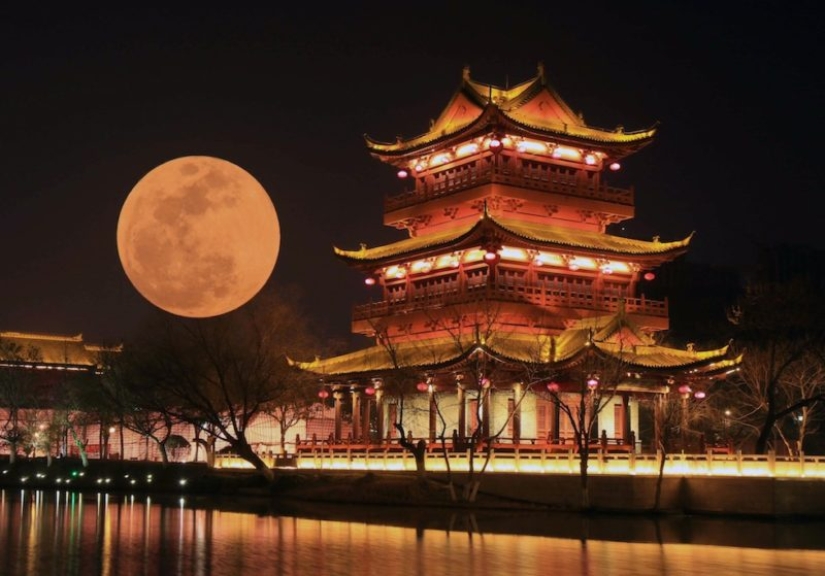 Source: BitCrypto News
Source: BitCrypto News
The planned creation of a man—made Moon was announced on October 10 by Dr. Wu Chunfeng, head of ASTMSRI - State Research Institute of Microelectronics Systems. The project "Artificial Moon" will be implemented for one city — Chengdu. The metropolis, which, by the way, houses the developer institute, is the 5th largest city in China and is located in the north-west of the country.
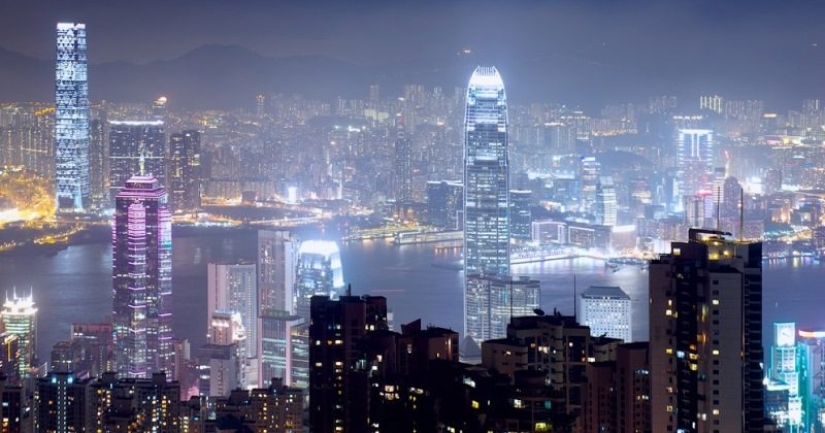
Dr. Wu Chunfeng told the press that the new luminary will be created for additional illumination of the city at night. All the parameters of the innovative development were not disclosed, but it is already known that a copy of the Moon will be 8 times more powerful than the original, but its light will only be enough for a section whose diameter, according to various forecasts, is from 10 to 80 km.

Like any ingenious invention, a copy of the Moon also had detractors. A group of "green" activists immediately stated that artificial light would cause serious disruptions in the biorhythms of humans and animals. However, these arguments were immediately refuted by another scientist — Kang Weimin, who heads the Harbin Institute of Aerospace Optics. Weimin assured skeptics that the compact Moon over Chengdu will give a dim, diffused light that cannot harm living organisms.
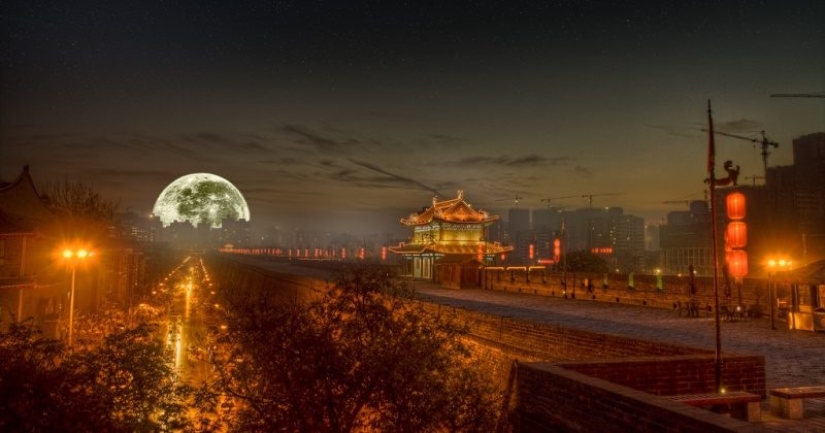
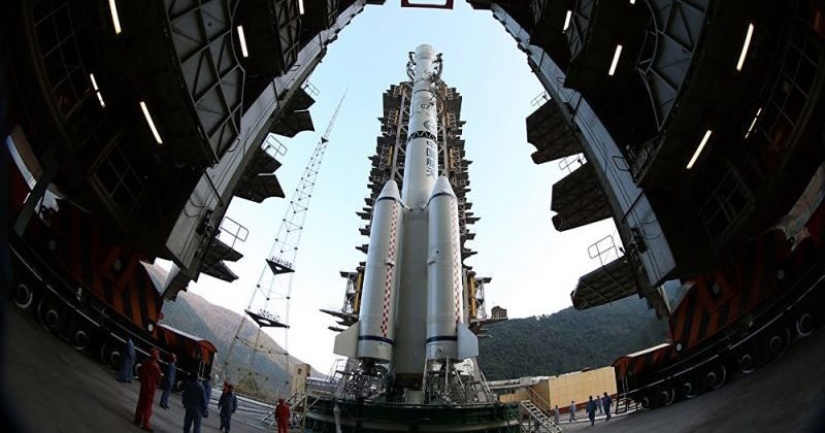
Like many other ideas, this development was borrowed by attentive Chinese. For the first time, the idea to illuminate the city with a personal night light arose from the French artist Michel de Bruyne in 2010.Michel hung a ball of mirrors 7.5 meters in diameter on a crane and, illuminating it with spotlights, surprised the battered residents of Paris with the spectacle of the second Moon.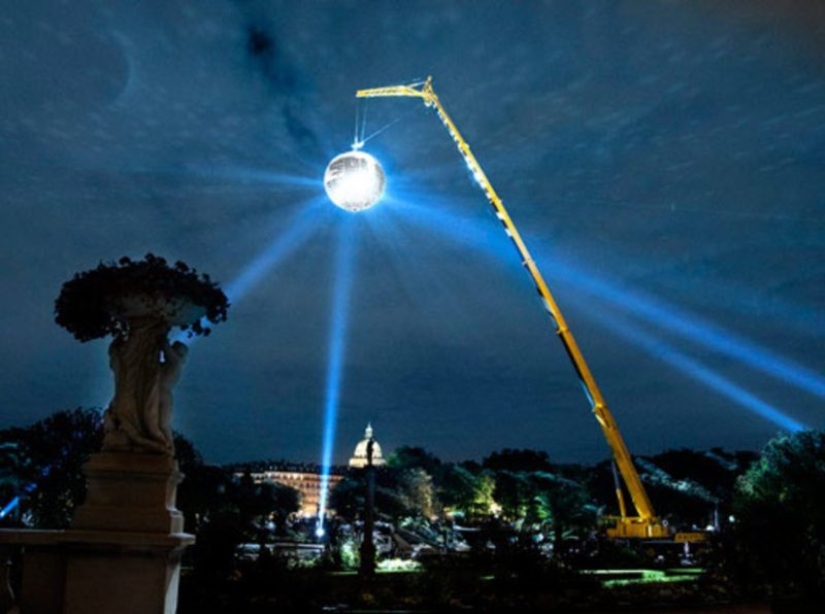
But in this case, it did not go beyond a single performance and the show was soon forgotten.
Recent articles

It's high time to admit that this whole hipster idea has gone too far. The concept has become so popular that even restaurants have ...

There is a perception that people only use 10% of their brain potential. But the heroes of our review, apparently, found a way to ...
Related articles

We are accustomed to the fact that on the packaging of tea, write "loose" and rarely think about what the word means. Meanwhile, ...

Human intervention in the affairs of nature is extremely rarely successful. Especially a lot of trouble was brought to the ...

The sea is still, you are a woman or a man, if you can hold in their hands an army of 70,000. Chinese Chin si could — she started ...

New Year's is a time to surprise and delight loved ones not only with gifts but also with a unique presentation of the holiday ...